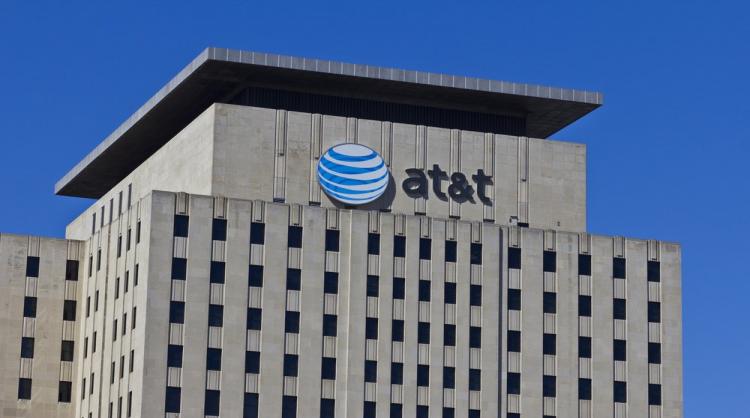AT&T Accused of Redlining in Cleveland
September 1, 2017 | by Andrew Regitsky

In an extremely important test for the FCC, three African-American low-income residents of Cleveland, Ohio have filed a complaint with the FCC alleging that AT&T is discriminating against low-income Cleveland neighborhoods by offering them lower quality high-speed broadband services than are offered to "higher-earning" neighborhoods. They assert this is in violation of the Communications Act’s prohibition against unreasonable discrimination.
The complainants rely on a study conducted by the National Digital Inclusion Alliance and Connect Your Community, titled, "AT&T’s Digital Redlining," which they claim demonstrates AT&T's failure to provide high speed broadband services to them is part of a pattern throughout Cleveland and across the United States. According to the complaint:
The study offers clear evidence that AT&T has withheld its fiber-enhanced “Fiber To the Node” infrastructure (“FTTN”) – which is now the standard for most Cuyahoga County suburbs and other urban AT&T markets—from most of the overwhelming majority of census blocks with individual poverty rates above 35%. These high poverty blocks include Cleveland neighborhoods such as Hough, Glenville, Central, Fairfax, South Collinwood, St. Clair-Superior, Detroit-Shoreway, Stockyards and other low-income communities. Such low-income neighborhoods have been relegated to an older, slower transmission technology called ADSL2, resulting in significantly slower Internet access speeds than what AT&T provides to middle-income city neighborhoods as well as most suburbs. As a result, their residents are left with severely limited and uneven Internet access; no access to AT&T’s competitive fiber-enabled video service. (Formal Complaint of Joanne Elkins Hattie Lanfair and Rachelle Lee, filed August 24, 2017, at p. 2).
The complainants request the Commission to find AT&T in violation of Sections 202, 254 and 706 of the Communications Act by "failing to serve the low-income, communities of color" in Cleveland, Ohio, and consequently, issue preliminary and permanent injunctions prohibiting AT&T from engaging in this discriminatory and anticompetitive conduct and practices alleged.
In other words, the complainants are arguing that AT&T violating section 202 by unreasonably discriminating against them with the inferior service offering and also violating section 254, which mandates that under the universal service rules, all customers have the opportunity to purchase equivalent services. They urge the Commission to also conclude that AT&T is not in compliance with the broadband deployment requirements of section 706 because of the availability of only the lower-quality broadband service.
AT&T defends itself by arguing that it treats all customers the same and asserts that its service offerings in an area are the product of such factors as topography, and population density. It vehemently denies that it engages in any racial discrimination.
Let's be clear. If AT&T or any other carrier is guilty of racial or any other type of discrimination, that is not only unlawful but ethically and morally unacceptable. Any carrier that engages in such practices such be prosecuted to the full extent of the law. However, we are a blog and not a court and will not speculate on the facts here.
We examine regulatory issues, and what is fascinating about this case from a regulatory prospective is how precisely the Commission will handle it. The law firm representing the complaining parties is very concerned that the FCC will dismiss the complaint because the Commission will soon reclassify broadband Internet access service (BIAS) as a Title I information service in the net neutrality proceeding and thereby claim that the complaint falls under the authority of the Federal Trade Commission (FTC). The complainants argue that regardless of the classification of BIAS, it is appropriate for the FCC to hear this case because under section 706, it is that agency's responsibility to take actions to make broadband available to all regardless of the classification of BIAS.
I agree with the complainants that it would be a complete cop-out if the FCC dismisses this complaint. Moreover, the theoretical future status of BIAS ought to be completely irrelevant to a current situation. Therefore, if the Commission dismisses the complaint, we expect the complainants to quickly and justifiably move to the courts.
In addition, if the Commission decides that the case should be handled by the FTC, it will provide more ammunition to parties arguing that the FCC is using the net neutrality proceeding to eliminate itself from regulating any aspect of the Internet.
Thus, one way or another, this case will be a key indicator of the Commission's future intentions.

